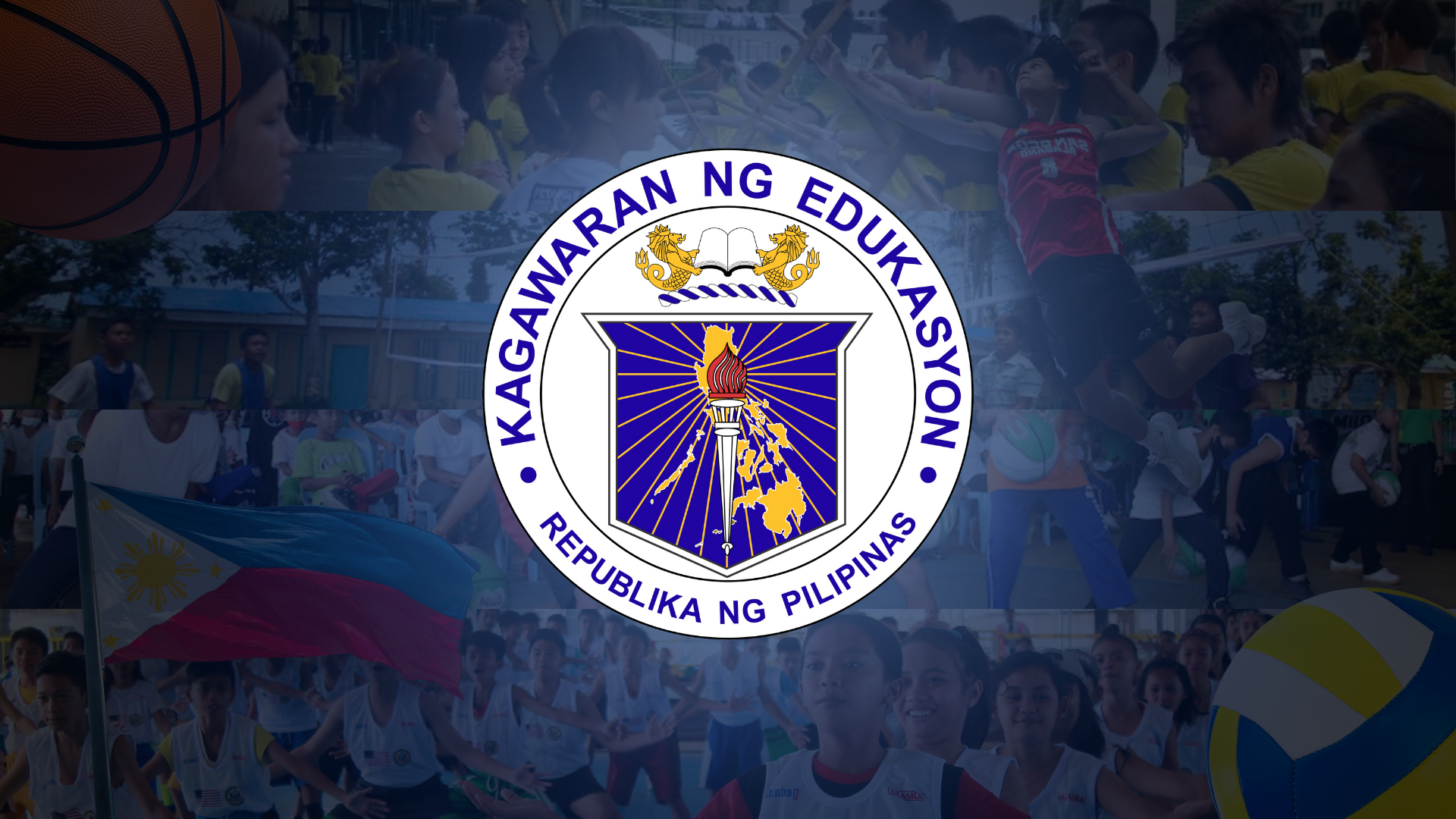Written By Maristella Mae O. Magdangal | October 01, 2025
DepEd Makes Sports Part of Learning
THE Department of Education (DepEd) has taken a new change on reshaping the future of Philippine school sports with the institutionalization of School Sports Clubs (SSCs) in all public elementary and secondary schools.
The curriculum was issued through DepEd Order No. 022, s.2025, aiming to provide young Filipinos with a structured environment where academics and athletics can develop together, in lieu of providing an opportunity for physical activity.
More Than Just Physical Education (P.E.)
Philippine education has mostly focused on grades and academic performance. But DepEd now recognizes that learning is more than just textbooks and examinations, with SSCs, the department wants students to grow not only in academics but also in health, values, and culture. The policy mandates learners to participate in two to three extra hours of organized sports each week aside from their regular PE classes.
This is not just an extracurricular exercise. It is a response to the growing health concerns of Filipino youth who do not meet the World Health Organization’s (WHO) daily recommendation of 60 minutes of physical activity, according to GMA News. The lack of exercise among students often leads to low concentration and increased stress that could also affect their academic performances.
Beyond the Classrooms
The purpose of the SSCs is broad, but its heart lies in shaping healthier and more active learners while they boost their performance inside the classroom. DepEd noted that regular physical activity contributes to improved focus, sharper memory, and better classroom behavior.
The clubs will be open to all learners, including those with disabilities and students that are enrolled in the Alternative Learning System (ALS). To highlight national identity, every school is required to offer arnis, the national martial art, while other sports will depend on the interests of students and the resources of the school.
These clubs will collaborate with other programs that support the athlete’s development such as the National Academy of Sports (NAS), which provides scholarships to skilled athletes, and the Special Program for Sports (SPS), allowing athletes to train while maintaining their academic standing. They will also help shape and prepare these athletes for major sporting events such as the Palarong Pambansa.
Hurdles to Clear
Limited sports equipment, unequal access between urban and rural schools, and a shortage of qualified coaches are just some of the challenges in carrying the program but DepEd said that these gaps will be addressed through initiatives included the Sports Supplies and Equipment Enhancement and Distribution program while fostering partnerships with local governments and sports agencies.
The institutionalization of SSCs shows a clear belief that sports are not just an “extra” part of education but carries an important part of it. Once the program is implemented, it could not only improve the level of Philippine grassroots sports but also nurture a generation of students who excel both in academics and in life.
Volume 31 | Issue 3




